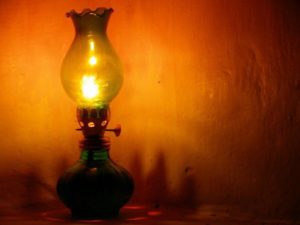How energy access can significantly promote education
As the clock ticks closer to 5 o’clock the sun already starts to set in most parts of Malawi. For the next 12 hours, especially the rural areas become dark, quiet places. Grid-connections almost don’t exist in most of these areas.

When students come home from school, sometimes after having to walk for several kilometres to reach home, the sunlight has already vanished. However, homework needs to be done, exams need to be studied for and yes, also teachers depend on light to prepare classes and exams. So, what can they do?
Kerosene (paraffin) lamps are a popular lightning method in poorer communities. The oil is relatively affordable for the most part and it can provide light for several hours. Nevertheless, as it burns it emits lung-harming gases making the learning sessions an unhealthy time. Breathing kerosene fumes is the equivalent of smoking two packets of cigarettes a day.
Others use candles. Although not as dangerous as kerosene, they provide less light and have a shorter lifespan. This makes them a really costly as families need to buy them more often. Whilst a sizeable number do not have any form of light at all. But this means no more studying, no more preparing, no more education after coming home from school.

Then the next morning the student wakes up and he realises that the all fuel wood has been used up. He’s forced to go and collect wood from forests that are almost depleted. And that means that he will either be late for school or won’t go to school at all that day, and possibly the next day too. Other additional duties such as working on the fields, taking care of younger siblings and taking over the work of sick family members can also keep students away from school.
Lack of education and energy poverty go hand in hand. However, a shift out of energy poverty is not impossible. With Malawi being a country of great solar potential, solar lamps can erase the lighting issue forever. They provide clean, non-toxic light and they are costly-efficient as they do not require constant investment. Furthermore, efficient cookstoves can offer a solution as they do not consume a lot of wood and do not force the students to spend whole days in the forests. They thereby create time for students to go to school and educate themselves.
Read more about Energy Poverty and Economy